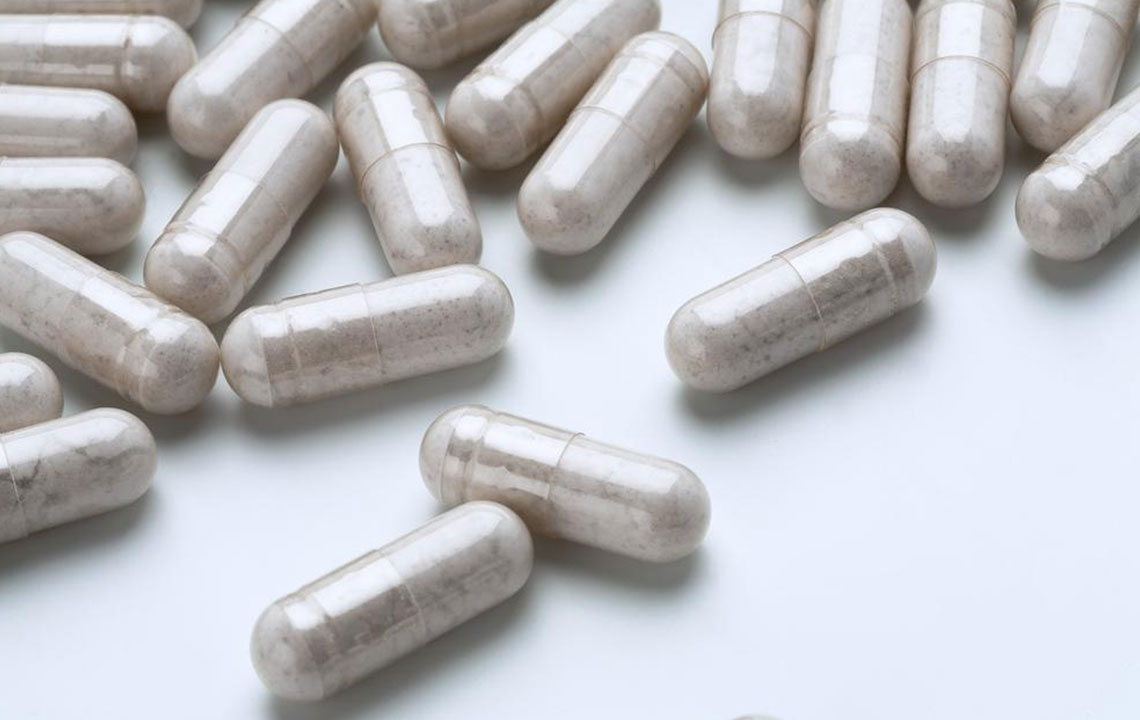Understanding Recurrent C. difficile Infections: Symptoms, Causes, and Treatment Strategies
Learn about recurrent C. difficile infections, their symptoms, causes, and effective management strategies. This article explores risk factors, prevention tips, and treatment options including medications, probiotics, and fecal transplants. Recognizing symptoms early and maintaining good hygiene are key to preventing recurrence and serious complications related to C. diff infections.

Understanding Recurrent C. difficile Infections: Symptoms, Causes, and Treatment Strategies
Clostridium difficile, known as C. diff, is a bacteria that can reside harmlessly in about 3% of people's gastrointestinal tracts. However, certain factors can disrupt the natural gut bacteria balance, leading to overgrowth of C. diff and resulting in infection. This infection causes inflammation of the colon lining, leading to symptoms like diarrhea and stomach discomfort. Even with treatment, C. diff infections can recur, making management critical.
Signs and Symptoms
C. diff causes inflammation in the large intestine, producing symptoms similar to food poisoning or stomach flu but with distinct differences. Importantly, these symptoms don’t typically resolve on their own.
Loss of appetite
Nausea
Fever
Watery diarrhea
Stomach pain or tenderness
Frequent bowel movements
Blood or pus in stool
Increased body temperature
Abdominal cramps
Dehydration
Complications, though rare, can include:
Colon perforation
Blood poisoning
Peritonitis
Symptoms may develop after antibiotics or other treatments for bacterial infections. Persistent or worsening signs such as fever, blood in stools, significant pain, or multiple watery stools require immediate medical attention.
Causes and Risk Factors
Normally, gut immunity keeps C. diff bacteria in check. When immunity weakens, or after antibiotic use, the balance is disturbed, allowing C. diff to flourish and produce toxins damaging gut tissue. Exposure to spores in contaminated environments also plays a role.
Antibiotic treatment disrupting gut flora
Inhalation or ingestion of spores from contaminated surfaces
Poor hygiene, such as inadequate handwashing after bathroom use, increases infection risk. Other factors include:
Age over 65
Weakened immune system
Recent hospitalization or surgery
Living in long-term care facilities
Previous C. diff infection
Recurrence Causes
Re-infection risks rise with age, antibiotic resistance, or exposure to more virulent strains. Those over 65 and resistant to treatments are especially vulnerable.
Treatment Options
Management depends on infection severity. Discontinuing antibiotics may be necessary, along with other therapies:
Medications: Antibiotics targeting C. diff can reduce bacterial load and inflammation.
Probiotics: Restoring healthy gut bacteria post-treatment helps prevent recurrence.
Surgical Intervention: Severe cases may require removal of affected colon parts.
Fecal Microbiota Transplantation: Transferring healthy bacteria from donor stool to restore gut balance in recurrent cases.
Additional at-home measures include:
Good Hygiene: Handwashing, disinfecting surfaces, and proper nail care prevent spread.
Hydration: Drinking fluids to prevent dehydration and electrolyte imbalance.
Prevention Tips
Lifestyle changes can minimize infection risk:
Isolate if infected
Use disposable gloves around contaminated environments
Wash hands thoroughly with soap and water
Sanitize surfaces regularly with chlorine-based disinfectants
Limit unnecessary antibiotic use
Ensure medical equipment hygiene in healthcare settings
Disclaimer: The information provided is for educational purposes only. It does not substitute professional medical advice. Consult healthcare professionals for diagnosis and treatment options tailored to individual needs.










